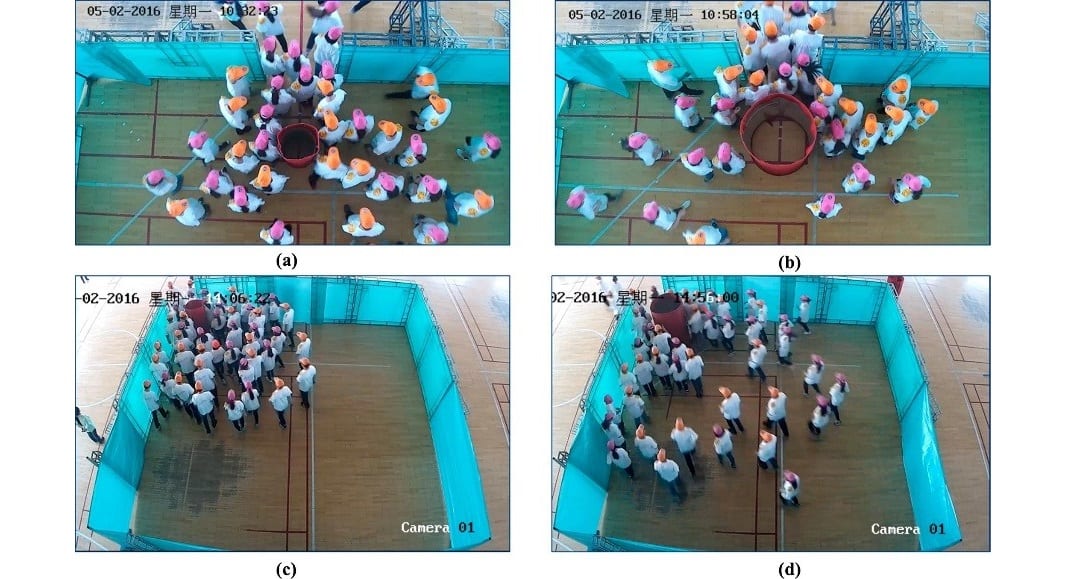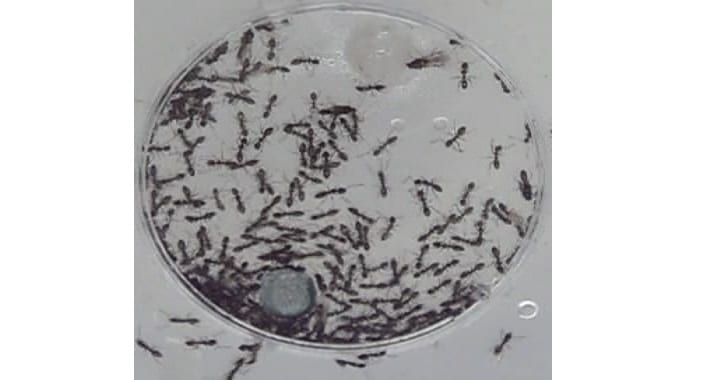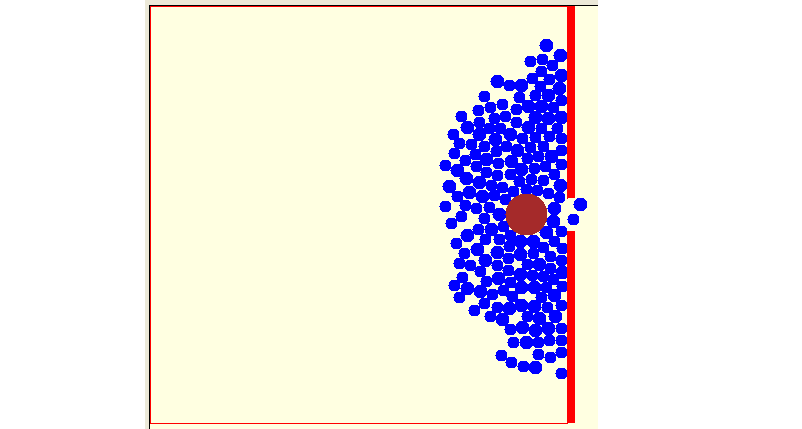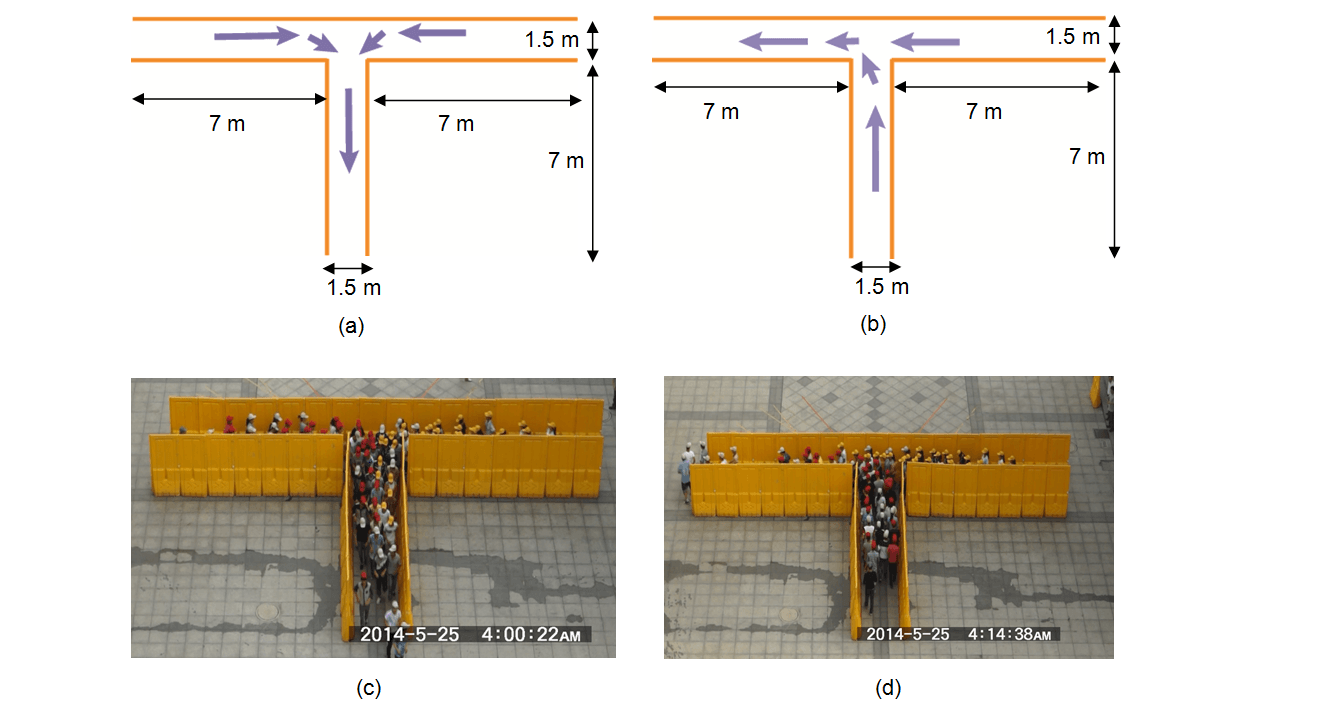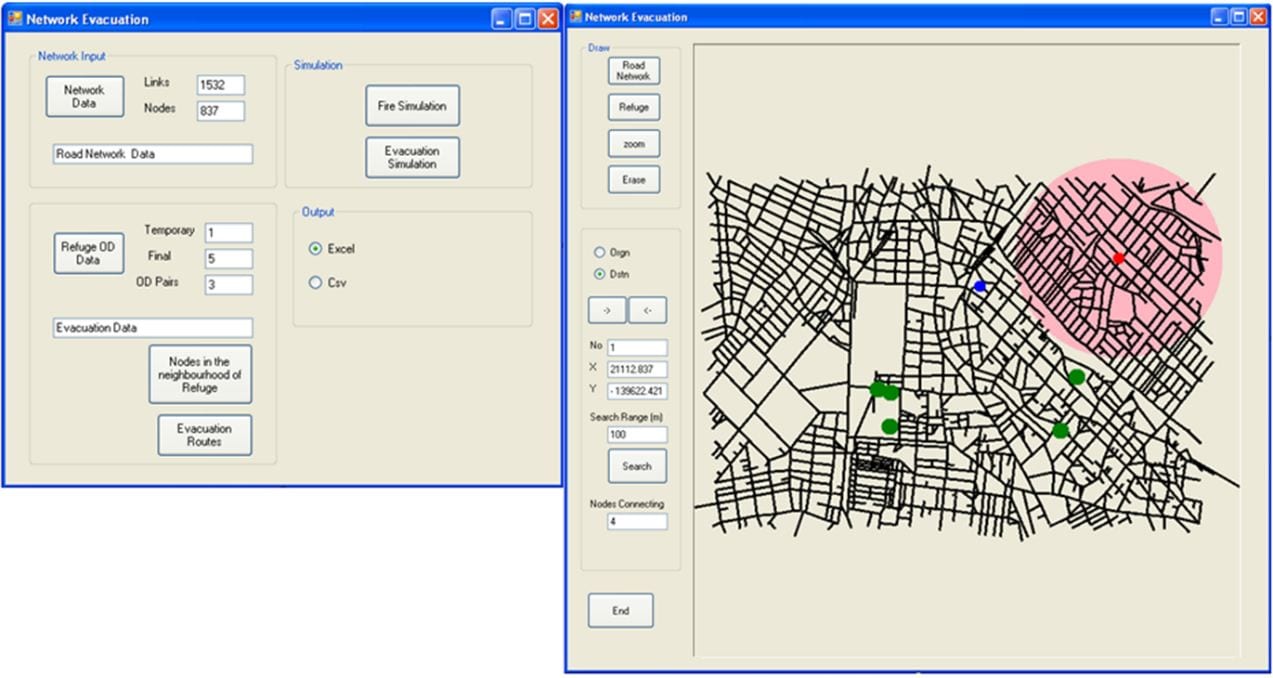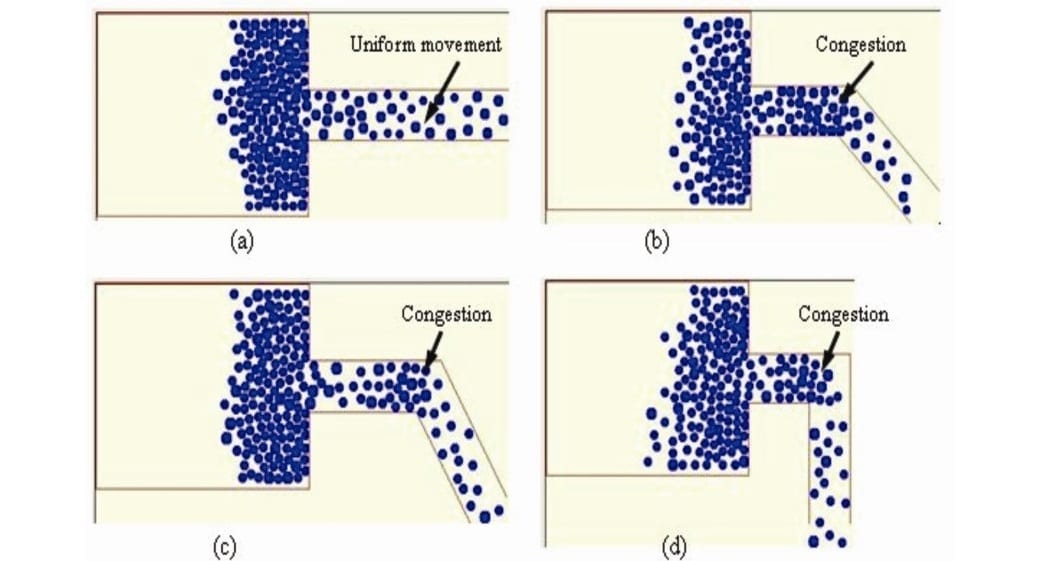Intelligent Transport and Mobility Systems
As part of the RMIT Intelligent Transport Systems (ITS) cluster, research activities are ongoing to develop the next generation CPS architectures for transport logistics. Research areas include:
- Integrated logistics support for ITS
- Geographic Information Systems (GIS) and transport/fleet management
- Inventory and distribution logistics
- ITS in global supply chain management
- Reverse logistics and closed-loop supply chain
- Trans-shipment and hub operation enhancement
Research Projects
Autonomous and connected vehicles
This project will deliver a simulation tool to capture the dynamics associated to the adoption of autonomous road vehicle technologies. The methodology for the dynamic life cycle assessment of autonomous urban transport systems include the following elements:
- Analyse behaviour over time;
- Determine internal dynamics;
- Determine driving parameters.
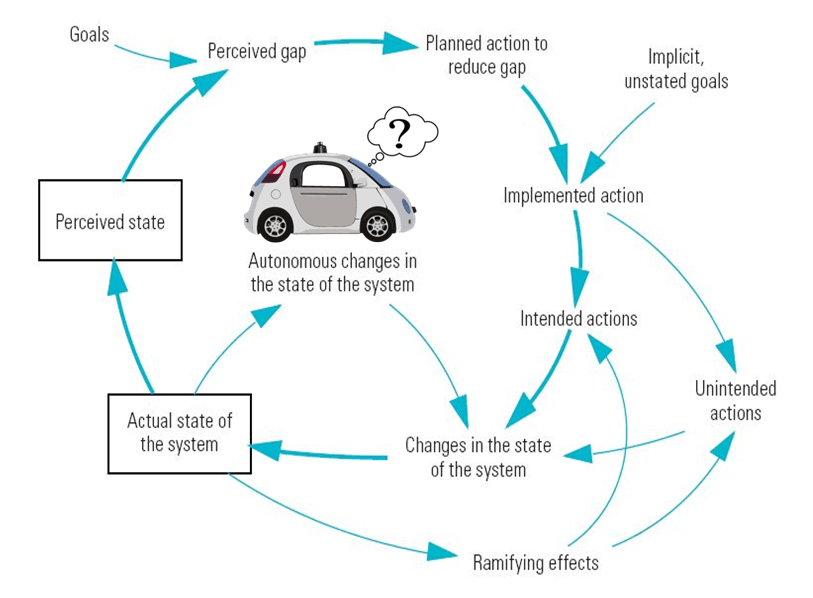
Connected multimodal urban transport
This project aims to develop a planning tool for integrated personalised, traveller-centric transport systems, including walking, cycling, public and shared vehicles, private vehicles, and emerging transport options. Disparate data feeds from travelers are gathered, integrated, and applied to develop:
- adaptive, scalable and advanced optimisation techniques to assess situational awareness (e.g., pedestrian/cyclist dynamics, and their interactions with infrastructure and vehicle);
- optimal vehicle mix (e.g., demand-responsive transport vehicles, park and ride) and optimal location of relevant infrastructure (e.g., fast-charge stations for electric vehicles, communication stations);
- Optimisation factors include safety and comfort, connectivity, travel delays, and operator and user costs of point-to-point travel.
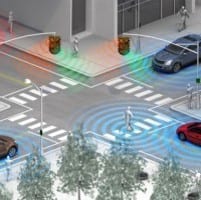
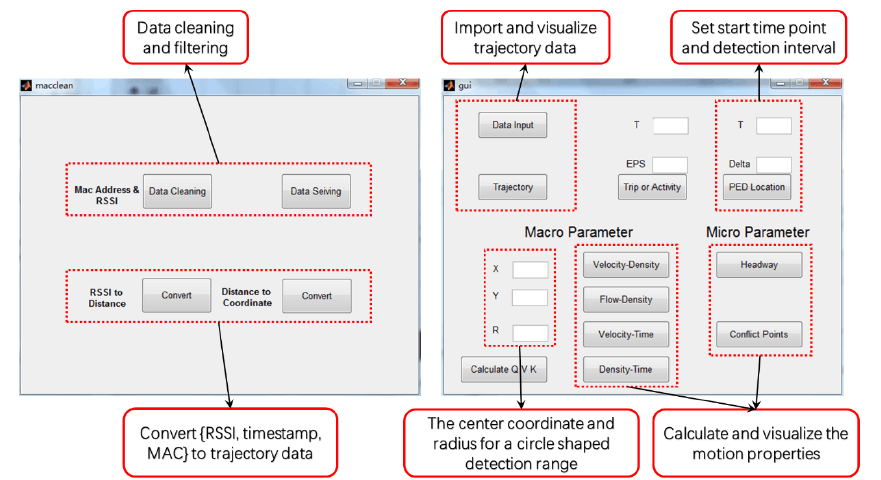
Real time passengers/pedestrians crowd management at major transport hubs
This project intends to prototypically develop an embedded passengers/pedestrians crowd simulation supported control system to observe and control the flow of pedestrian in large public infrastructures in real time. The project leverages the findings from previous projects by the research team on swarm intelligence (e.g. ants traffic), Wi-Fi/Bluetooth detection, socio-psychological studies, evacuation management and crowd simulation model to enable real-time monitoring and management of crowd movement at train stations, stadiums, public buildings and open public events.
Other projects:
Innovative strategies for logistics fleet management and monitoring
This project will deliver a logistics support system that facilitates real-time vehicle health monitoring and fleet management through the use of state-of the-art navigation and surveillance systems. The project will also focus on the design of human-machine interfaces that supports operator decision making and minimizes operator workload. The key deliverables include: Fleet management dashboards that provide system status information in real-time so as to maximize situational awareness Emergency management features in the event of failures along the supply chain Embedded systems to monitor vehicle health, detect faults and issue warnings to fleet management personnel
Unmanned Aircraft Systems in Intelligent Transport and Logistics
This project explores the use of unmanned aircraft for package delivery (including small packages, letters, medicines, food, beverages etc.) at short-to-medium distances. Package delivery systems using UAS will become even more attractive in rural areas where significance reduction in delivery costs can be expected. Applications in logistics and supply chain management are being identified and analyzed with a view towards seamlessly integrating UAS into existing operations. The project analyses failure modes and develop novel means of preventing and/or mitigating faults in Communication, Navigation and Surveillance (CNS) systems for unmanned aircraft engaged in logistics operations
Introducing sustainable life-cycle management in transport systems
This project aims to enhance the efficiency and sustainability of air/ground/sea transport systems by integrating emerging technologies for through-life support and sustainable life-cycle management. Key research areas include: Maintenance, Repair and Overhaul (MRO) optimisation Sustainable and cost-effective testing methods for vehicle systems Modular architectures and components to support vehicle system upgradation Structural integrity monitoring and Integrated Vehicle Health Management (IVHM) systems Fleet management and support systems
